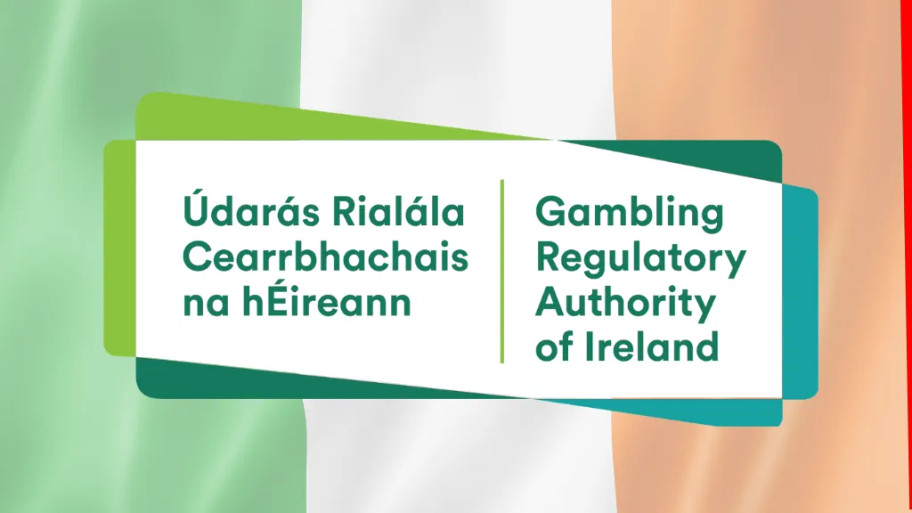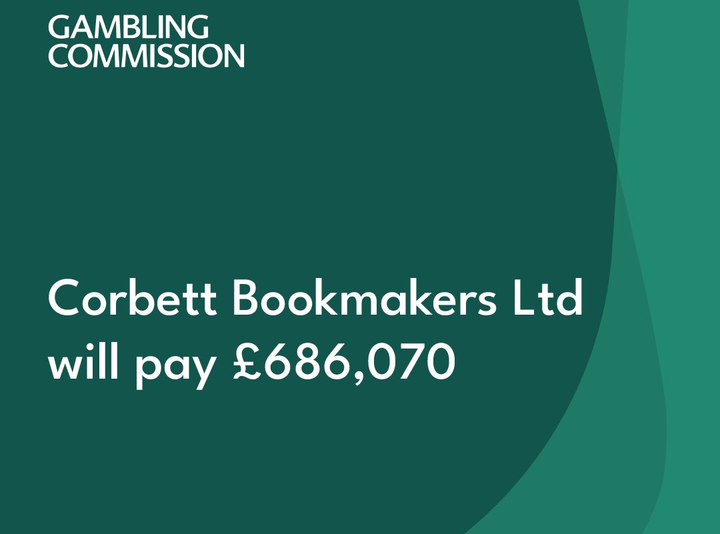Irish gambling regulator warns of “very severe penalties” if operators don’t adhere to rules

GRAI.ie
Ireland’s new gambling regulator boss has warned of “very severe penalties” to be meted out to operators if they do not comply with the rules. Further, executives of top betting firms should be expected to be vetted as part of the new licensing process.
Gambling Regulatory Authority of Ireland (GRAI) chief executive Anne Marie Caulfield has said that the newly initiated body will use the “full toolkit” within its remit to prioritise compliance and conduct to combat gambling harms.
To learn more, visit our responsible gambling at casinos page which also offers resources and advice on where to seek help if needed.
In an interview with the Irish Examiner, Caulfield detailed how the regulator will strive to protect the public from companies who choose to disregard their responsibilities.
She outlined how rates of harmful gambling activity in Ireland are “10 times higher than had been previously thought”, as the GRAI embarks on its inaugural year of regulatory oversight.
The entity was enacted following the delivery of legislation, the Gambling Regulation Act 2024, which was designed to bring laws in line with the contemporary gambling landscape, far beyond the previous law set almost 100 years ago.
According to Caulfield, gambling operators should expect to be held to account on their responsibilities toward combating problem gambling.
Those found to be flouting the rules could be reprimanded by a number of actions open to the regulator.
“It ranges from a notice of improvement to a €20m fine (£16.8m), or 10% of turnover (whichever is greatest) to a suspension of a licence, revoking a licence and, in terms of the particular officers, key decision makers, there can also be consequences for them,” explained Caulfield.
On that last point, the GRAI will also probe key executives of top gambling firms as part of the licensing process.
That measure could be described as a pre-emptive strike, as part of the overall monitoring process, to gauge how leading figures are addressing their personal and collective duties.
The vetting will apply to new operator licence applications, as well as renewals.
“As part of that vetting process, we will be asking who the responsible individuals are and vetting them individually. Obviously then subsequently, if there’s an issue, we’ll be tracking back to that,” advised Caulfield.
Another focus for the regulator will be to carry out its obligation under the new law to compile a National Gambling Exclusion Register to assist individuals who are struggling with compulsive gambling behaviour.
The registry would create a tool to provide citizens with the opportunity to self-exclude from all regulated gambling activity.
GRAI has also been tasked with designing a Social Impact Fund to finance research, training, and education on gambling addiction.
The initiative follows the example of the UK’s RET Levy on the gambling industry, to boost public awareness, support prevention measures, and improve the availability of resources for problem gamblers.
Another issue likely to follow sooner than later is the contentious issue of gambling advertising and sponsorship.
The GRAI has provided soundings but no definitive stance on advertising, with sports sponsorships closely linked.
Other European countries have been grappling with the conundrum given the demand and need to have controls in place, balanced with the needs of sporting bodies and clubs to have an important source of funding.
Specifically in Ireland, the Gaelic Athletic Association (GAA) has already committed to shunning gambling advertising, while the Football Association of Ireland (FAI) has intimated it is a matter for individual member clubs to determine their position on the issue.
GRAI chief Caulfield said this “is an area that will be looked at in due course.”






 Corbett Bookmakers to pay £686,000 UKGC fine amid anti-money laundering failings
Corbett Bookmakers to pay £686,000 UKGC fine amid anti-money laundering failings
 IGT and Sisal confirmed as the two bidders for nine-year Italian lottery contract
IGT and Sisal confirmed as the two bidders for nine-year Italian lottery contract
 Paddy Power founder says legislation doesn’t go far enough to curb slots use
Paddy Power founder says legislation doesn’t go far enough to curb slots use
